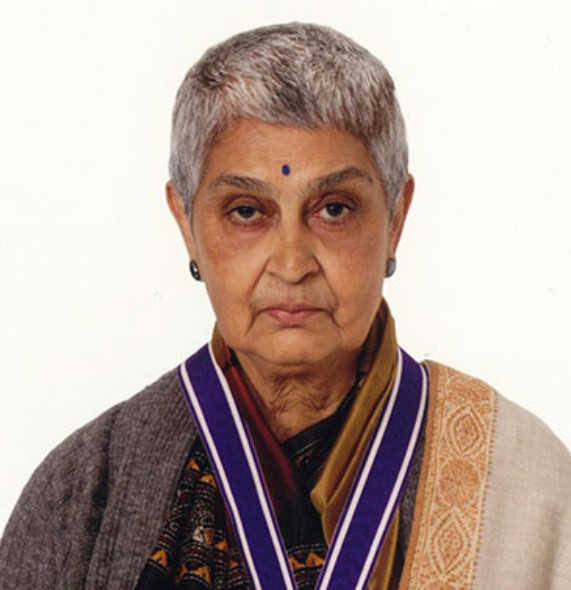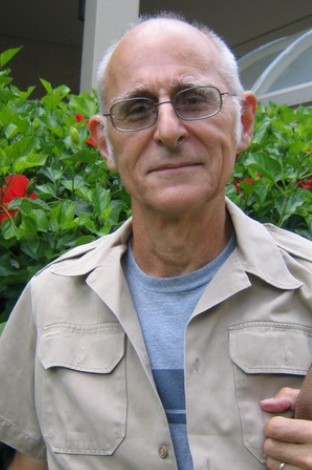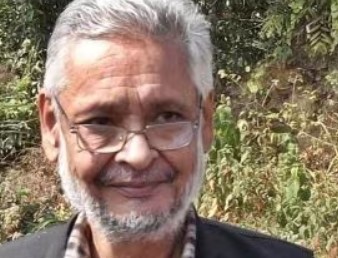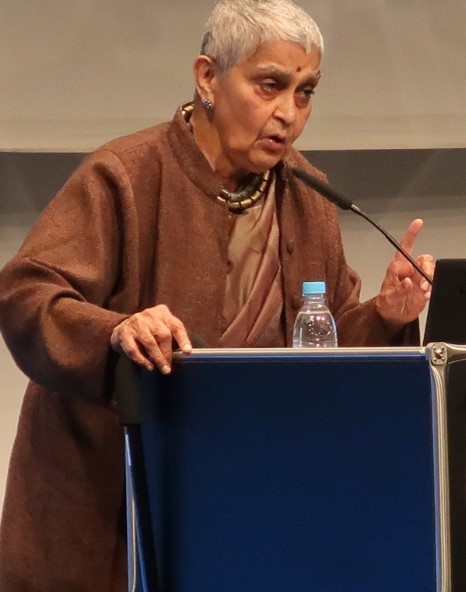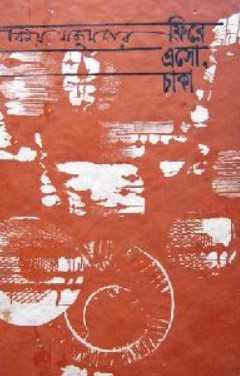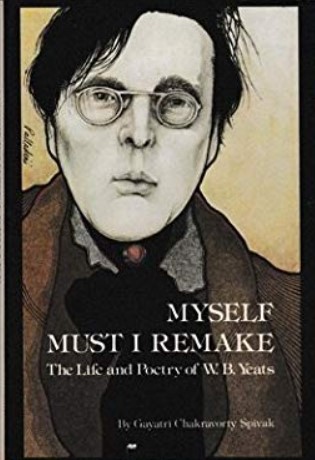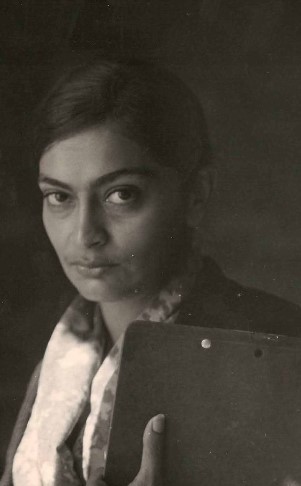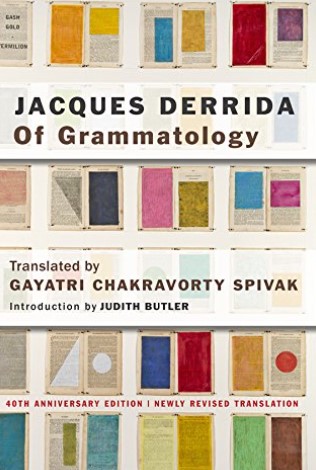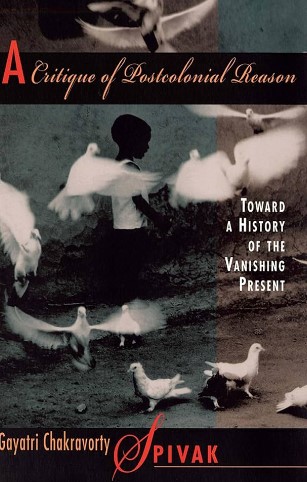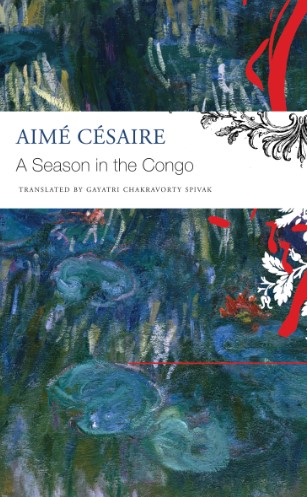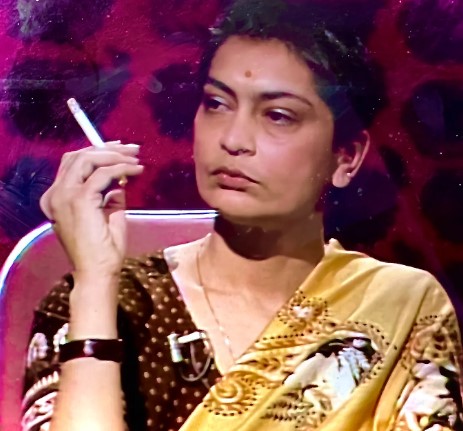Gayatri Chakravorty Spivak Age, Husband, Family, Biography
Quick Info→
Hometown: Kolkata
Age: 82 Years
Marital Status: Divorced
Some Lesser Known Facts About Gayatri Chakravorty Spivak
- After that, she did not publish her doctoral dissertation and decided to write a book on Yeats so that her undergraduate students could easily understand the ideology of Yeats.
- In 1967, Spivak bought a book called ‘De la Grammatologie’ and decided to translate it. She wrote a long translator’s preface for the book.
- This translation was a success, and her preface became widely used as an introduction to deconstruction. Deconstruction was the philosophy of the ‘De la Grammatologie’s author, Jacques Derrida, whom Spivak met in 1971.
- In 1974, at the University of Iowa, Spivak founded the MFA in Translation in the Comparative Literature department.
- In 1974, she released her first book for young adults, “Myself I Must Remake: The Life and Poetry of W.B. Yeats.”
- In 1975, she became the Director of the Program in Comparative Literature and was promoted to full-time professor at the University of Iowa.
- After her divorce from her first husband in 1977, while teaching at the University of Iowa, she began a relationship with one of her students, who was nine years younger. The relationship lasted for ten years, and she considered the relationship as “a second marriage,” although it was not legally binding.
- In 1978, she was appointed as a National Humanities Professor at the University of Chicago and received many visiting professorships and fellowships.
- In 1978, she joined the University of Texas at Austin as a professor of English and Comparative Literature.
- In the early 1980s, Spivak was recognized as a co-founder of postcolonial theory. However, she did not completely accept this label.
- In 1982, Spivak began working as a Longstreet Professor in English and Comparative Literature at Emory University.
- In 1986, she was appointed as the first Mellon Professor of English at the University of Pittsburgh, where she established the Cultural Studies program.
- Since 1986, Spivak has been teaching and training adults and children among the landless illiterates on the border of West Bengal, Bihar, and Jharkhand.
- Her work in rural education has helped her to understand the effects of the caste system and the limitations of the ‘high’ theory in global contexts.
- In 1987, she revisited the Yeats Summer School in Sligo, Ireland, to discuss Yeats’ position in post-coloniality.
- Spivak is recognized for feminizing and globalizing deconstruction philosophy. She mainly focuses on the subaltern, a term used by Antonio Gramsci to describe marginalized groups lacking citizenship rights.
- Spivak’s essay ‘Can the Subaltern Speak?’ (1988) made her a well-known feminist thinker who considers history, geography, and class when studying women’s issues. In the essay, she examines the Sati practice and questions whether the subaltern can truly have a voice.
- Her work aims to access the subjectivity of marginalized individuals.
- In 1991, she joined Columbia University as the Avalon Foundation Professor in Humanities.
- In 1997, her friend Lore Metzger left her $10,000 in her will to support rural education.
- With this money, Spivak established the Pares Chandra and Sivani Chakravorty Memorial Foundation for Rural Education and donated most of her Kyoto Prize to it.
- In 1997, she received a translation prize from the Sahitya Akademi, India’s National Academy of Literature.
- Spivak gained popularity with her translation of ‘De la Grammatologie,’ which included a highly appreciated introduction.
- She is a member of the ‘Subaltern Studies Collective,’ where she works on historical studies and literary critiques on imperialism and international feminism.
- Spivak describes herself as a “practical Marxist-feminist-deconstructionist.”
- Her main ethical and political focus has been on the subaltern, mainly subaltern women, in both discursive lectures and Western institutions.
- Edward Said once praised her work and stated that she pioneered the study of non-Western women in literary theory and produced readable versions of their roles.
- Her 1999 book ‘A Critique of Postcolonial Reason’ examines how major European philosophers like Kant and Hegel exclude non-Europeans from being seen as fully human subjects.
- She was elected to the American Philosophical Society in 2007.
- In 2007, she was appointed as a Professor in the Humanities at Columbia University.
- She has served on the editorial boards of various academic journals including Boundary 2, Janus Unbound, Differences, Signs, Interventions, and Diaspora.
- Spivak has received 11 honorary doctorates from universities such as the University of Toronto, University of London, Oberlin College, Universitat Rovira Virgili, Rabindra Bharati University, Universidad Nacional de San Martín, University of St Andrews, Université de Vincennes à Saint-Denis, Presidency University, Yale University, and the University of Ghana-Legon.
- In 2012, she became the only Indian recipient of the Kyoto Prize in Arts and Philosophy.
- Spivak has advised many notable post-colonial scholars including Jenny Sharpe and Mark Sanders.
- In 2021, she was elected as a corresponding fellow of the British Academy.
- Gayatri Chakravorty Spivak’s May 2024 lecture at Jawaharlal Nehru University (JNU) attracted discussion when a video surfaced showing a conversation between Spivak and an audience member. In the video, Spivak repeatedly corrected the audience member’s pronunciation of WEB Du Bois’ name during the interaction.
- She likes smoking cigarettes occasionally.
- For talks and lectures, she usually wears a sari paired with combat boots in the United States. In India, she often opts for jeans.
- She once stated that during her period in the US, she experienced sexual harassment from some professors.

